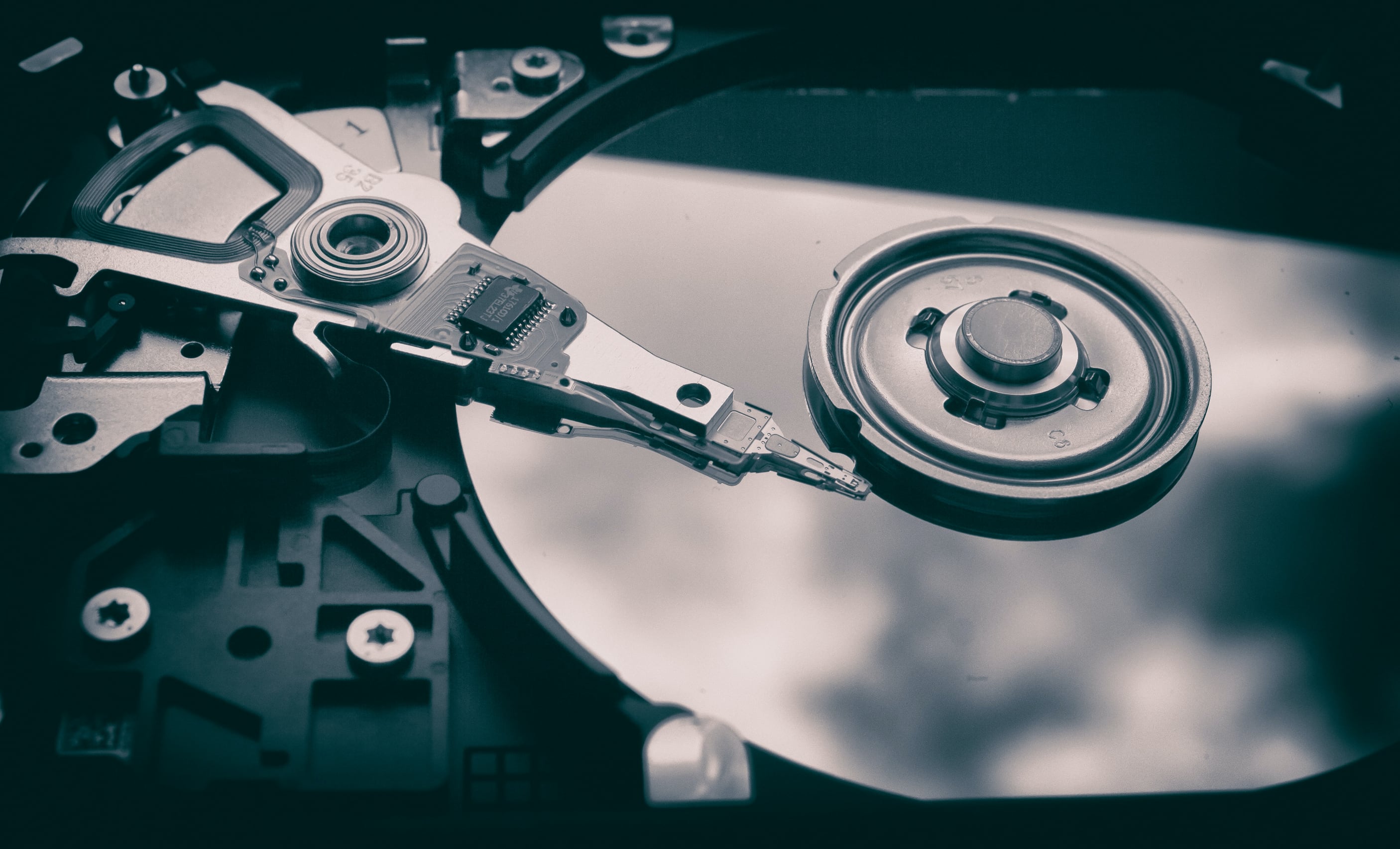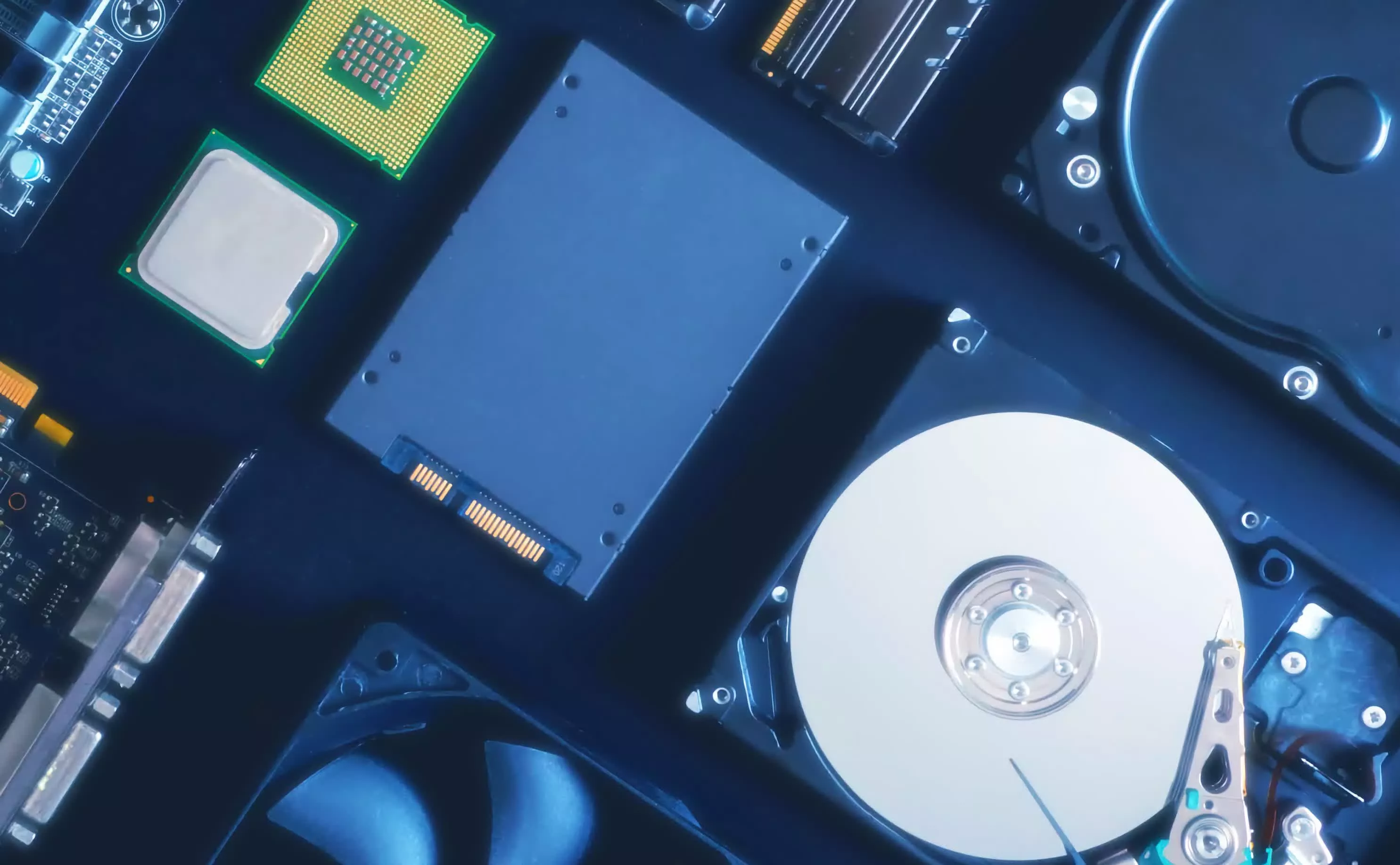Forward-looking: Do you still use an HDD as the primary boot drive for your PC? While there are some exceptions, most people today prefer a much speedier SSD for booting into the OS, which could be a good thing as Microsoft reportedly wants to kill off HDD boot drives entirely.

According to a report from analytics company Trendfocus (via Tom's Hardware), Microsoft is pushing those OEMs who use HDDs as the primary storage device in pre-built Windows 11 PCs to switch to SSDs. It's even set a deadline for when it wants the transition to take place: 2023.
Exactly why Microsoft is doing this isn't clear. As Tom's notes, there's no minimum requirement for an SSD in Windows 11, only that the PC running the operating system has a 64 GB or larger storage device. However, this could change next year when the switchover deadline arrives.

It might be that Microsoft simply wants to move to SSD boot drives so PCs get the best performance from Windows 11. There are also those optional Windows 11 features that do require solid-state drives, such as the DirectStorage API. This creates a more efficient link between NVMe SSDs (both PCIe 3.0 and PCIe 4.0) and the GPU, allowing games direct access to resources on the storage drive.
While we can all appreciate a much faster boot drive, making an SSD the primary storage device in a PC will impact the budget and developing markets. Although often minor, the associated cost of adding an SSD could push the price too high for some manufacturers and consumers.
There are a few cheaper gaming desktops on Newegg, such as this one, that offer only an HDD for storage, though it's difficult to find one that comes with Windows 11 as standard.
Trendfocus Vice President John Chen says that OEMs are trying to push Microsoft's deadline back to 2024, at least when it comes to desktops and emerging markets. But it seems that we're heading for a future where the only time you'll see an HDD in a pre-built Windows 11 PC is when it sits alongside an SSD.
https://www.techspot.com/news/94882-microsoft-calls-oems-kill-off-hdd-boot-drives.html